China, India, Russia… and many other economies in BRICS are joining hands to challenge the dominance of the USD. Does the latest counterattack by members of the group of emerging economies make the US worried?
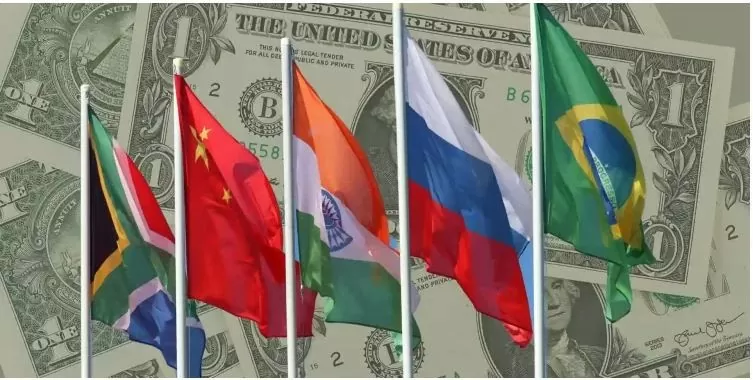 |
| De-dollarization campaign: BRICS moves to plan B, is the greenback's 'throne' threatened? (Source: The Globaleconomics) |
The de-dollarization trend continues to gain traction, despite many analysts saying the “threat” is overblown, as India and Russia officially announced a new partnership that will see their respective payment systems – India’s RuPay and Russia’s MIR – integrated to enable seamless cross-border transactions without the need for the US dollar.
Russia, India join hands to "de-dollarize"
The announcement of the cooperation comes after Indian Prime Minister Narendra Modi's recent visit to Moscow, during which the two countries established new alliances and trade agreements.
India has confirmed its commitment to open trade with Russia, a key BRICS partner, and will further facilitate trade exchanges using the RuPay-MIR payment system.
As part of the agreement, Russian President Vladimir Putin and Mr. Modi are said to have set a target of achieving $100 billion in trade turnover between Russia and India by 2030. The use of domestic payment systems and local currencies is expected to benefit each country, not only allowing millions of dollars in exchange rate savings and moving away from the US dollar, but also helping to strengthen their own currencies and economies.
“We [BRICS] must develop our own payment system, including the economies of the Southern Hemisphere - allowing us to conduct transactions in our national currencies” rather than the US dollar, Andrey Kostin, CEO of VTB Bank (Russia), announced at a recent press conference. In which, “India has a very positive attitude towards cooperation with Russia”.
Mr. Kostin added that they are working hard to integrate RuPay and MIR for trade payments. “We will make some progress amid the complexities that exist,” before reiterating that BRICS wants to move away from the US dollar, euro and other Western currencies.
Although many analysts claim that the non-USD threat has been overblown, it is undeniable that the use of the USD in transactions will decrease significantly if BRICS countries start to increase the use of local and national payment systems in trade.
The US banking and financial sector could be hit hard by the BRICS move away from the dollar. It could even lead to a shake-up in the foreign exchange market, as new currency pairs rise in value during the transition, further weakening the dollar.
In fact, with US banks lending billions of dollars globally, any move away from the dollar could see these activities curtailed, hurting banks' profits at a time when they are struggling to find ways to grow and boost earnings.
As banks continue to face headwinds, leading to a series of failures from early 2023 to 2024, the US banking industry could be hit hard if BRICS countries continue to push for de-dollarization.
The broader US economy and financial system could also be affected by the reduction in global use of dollars – sending that money back into the US, contributing to further inflation, which would hurt already stretched American wallets.
According to the Atlantic Council, although the payment agreement between Russia and India is the latest case in the "campaign" of de-dollarization by BRICS members, there is currently no "worthy" competitor to the USD, be it the Euro or any BRICS currency, that can significantly reduce global dependence on the USD.
The real threat to the US dollar?
“The US dollar’s role as the primary global reserve currency remains secure in the short to medium term,” says a new report from the Atlantic Council’s Geoeconomics Center.
“The US dollar continues to dominate global demand for foreign exchange reserves, trade invoicing and currency transactions. For the time being, all potential rivals, including the euro, have limited ability to challenge the US dollar,” the report said.
Referring to the BRICS group’s efforts to de-dollarize by developing a common currency, the report by the Center for Geoeconomics said, “BRICS members have shifted their attention from the common currency to new cross-border payment systems, with the goal of creating a more multipolar financial system. For example, China has led this effort by accelerating the development of the Cross-Border Interbank Payments System (CIPS), a renminbi-denominated payment mechanism.”
Information from the Atlantic Council said: “From June 2023 to May 2024, CIPS added 62 direct participants, now the system has 142 direct participants and 1,394 indirect participants.”
The report assessed, “Negotiations around an internal BRICS payment system are in their early stages, but members have reached bilateral and multilateral agreements with each other, focusing on cross-border wholesale central bank digital currencies (CBDCs) and currency swap arrangements. These agreements may be difficult to scale due to regulatory and liquidity issues, but in the long term could form the basis for an efficient currency exchange platform.”
The real threat to the dollar at the moment, however, is not from the BRICS. BRICS has taken center stage in the debate against dollarization – but according to former US Secretary of State and former CIA Director Mike Pompeo, the real threat to the dollar’s “supremacy” is the unsustainable growth of US national debt.
“We must wake up to the threat that rising national debt poses to our country’s future before it’s too late,” Pompeo wrote in an op-ed. He noted that a recent report from the Congressional Budget Office (CBO) “estimates this year’s U.S. budget deficit will be $2 trillion — $400 billion higher than forecast in February and $300 billion larger than last year’s deficit.”
Giving the goals that the world's largest economy can achieve, if there are appropriate management policies, in his article, Mr. Pompeo concluded: "We just need to elect leaders who are serious about the future of the country, not just win the next election."
Source: https://baoquocte.vn/chien-dich-phi-usd-hoa-brics-chuyen-ke-hoach-b-ngai-vang-cua-dong-bac-xanh-bi-de-doa-278756.html
















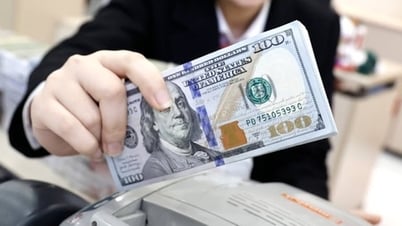

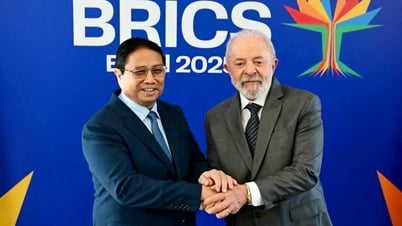






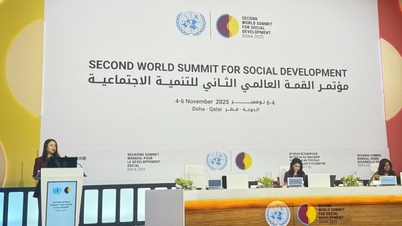
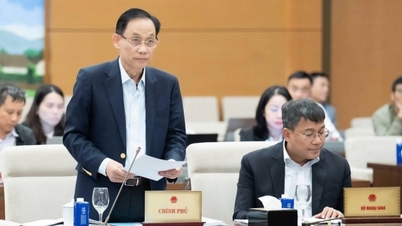
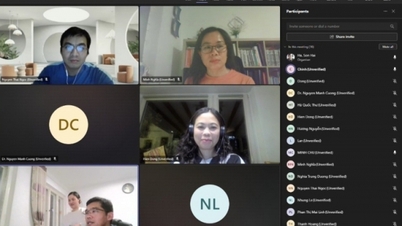





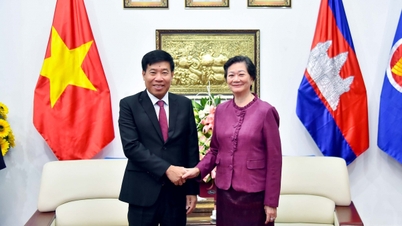


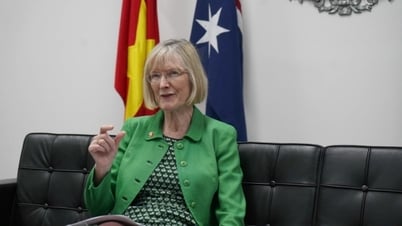
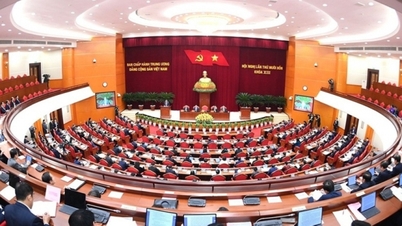



![[Video] Hue Monuments reopen to welcome visitors](https://vphoto.vietnam.vn/thumb/402x226/vietnam/resource/IMAGE/2025/11/05/1762301089171_dung01-05-43-09still013-jpg.webp)































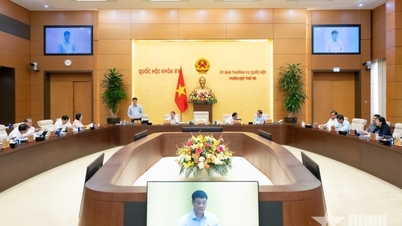














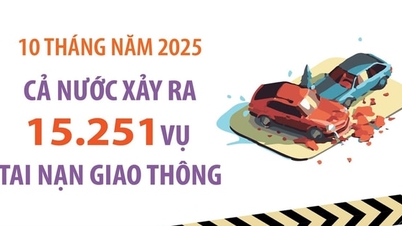

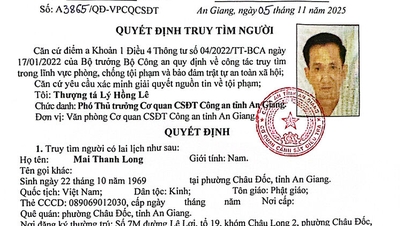





















Comment (0)